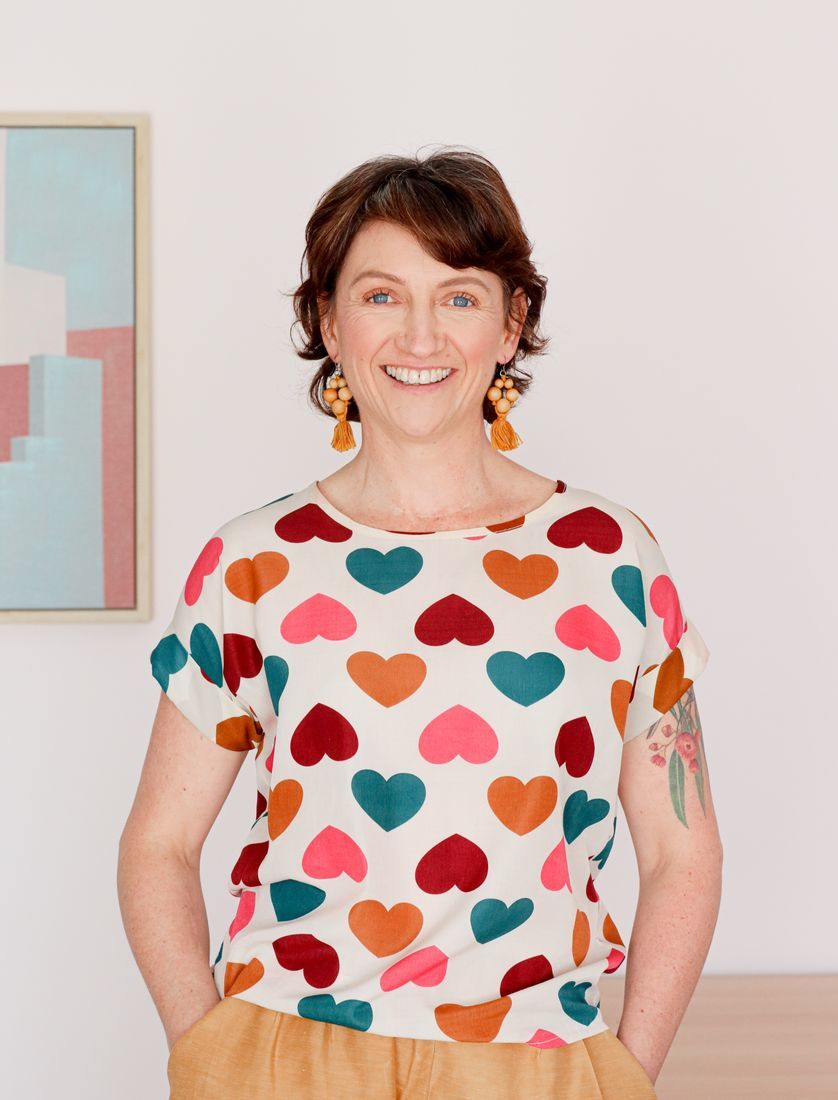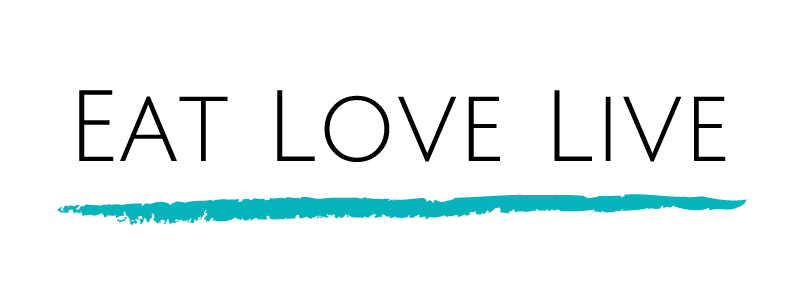Carly Taylor (APD/ CEDC)
She/Her
Accredited Practicing Dietitian (APD)
Credentialed Eating Disorder Clinician (CEDC)
Intuitive Eating Counsellor
 |
Carly Taylor brings over ten years of experience as a dietitian working alongside people to reconnect with food, body, and self—without shame. Her approach is grounded in evidence, guided by compassion, and centred on your lived experience. Carly understands that food and body concerns don’t exist in isolation—they're often shaped by years of dieting, weight stigma, or difficult relationships with eating. With experience across both public and private health systems, Carly offers thoughtful, individualised support to people navigating eating disorder recovery, chronic dieting, and the emotional toll of trying to "get it right" with food. At Eat Love Live, Carly supports clients through a trauma-informed, collaborative, and socially conscious lens. She honours the ways that systems of oppression—including diet culture, ableism, transphobia, and fatphobia—can harm people’s relationships with food and their bodies. Carly works hard to create a space that’s inclusive and affirming of neurodivergent folks, people in higher weight bodies, gender-diverse people, and anyone who’s ever felt “othered” in healthcare. Carly believes in working with you, not on you. She brings curiosity, creativity, and flexibility to her work—tailoring support to what you need, not to a rigid nutrition script. Her style is collaborative, non-judgmental, and empowering—whether you're healing from disordered eating, navigating medical nutrition needs, or just trying to feel more at peace in your body. When she’s not in the clinic, Carly is usually enjoying live music or art around Melbourne, spending time on a new hobby, or watching sport with her favourite people. If you’re ready to feel more connected to food, body and self— Carly is here to support you.
|
| Qualifications: | Professional memberships: |
|
|
| Areas of special interest: | Professional development: |
|
|
booking details:
Carly is currently accepting new clients aged 18 years & above.
If you would like to make a booking with Carly, you can contact reception or book online via:
Phone: (03) 9087 8379
Online booking system: Carly's online booking link
| Availability: Carly is available for consultation:
| Please send all referrals to:Email: reception@eatlovelive.com.auFax: (03) 9088 0249 |
EAT LOVE LIVE POLICY
We require that all clients be linked in with regular medical support to ensure their ongoing medical safety.
We require clients to be engaged with or planning to engage with psychological support to ensure that we are providing safe, ethical and evidence-based support.
AGE LIMITS FOR ACCEPTING NEW REFERRALS:
Please note some practitioners have boundaries on the age of clients they will accept as new referrals.
We request that for all new clients aged 15 years and younger that a pre-assessment questionnaire be completed to assist us in triaging the young person and family.
For all clients aged 15 or younger we request that the initial assessment be with the parents/ carer only.
Eating disorders do not just affect the person but families as a whole.
This is an important part of the assessment process and will help us to get a clear history of the development of the eating disorder and aid in setting up a treatment team and clear treatment goals moving forward.
Family Based Therapy/Treatment (FBT) is the gold standard for supporting children and adolescents with eating disorders. The Eat Love Live team are not trained in FBT or family therapy.
We can be an adjunct to this important treatment process, provide a safe space for discussion around meal planning, information about eating disorders, physical and psychological risks associated with the eating disorder, normal puberty changes to the body, guidelines to adequate amounts of nutrition and help clear many of the myths about food and bodies in our community.
We appreciate that accessing paediatric and adolescent services is difficult and there are long wait lists. As with all clients, we insist that all adolescents are linked in with a multidisciplinary team including a GP and a mental health clinician - be it a psychologist or psychiatrist. And we suggest that clients make the referral to CAMHS/CYMHS and / or private family therapy and be on the waiting list for this support.
Along with the GP or paediatrician we can provide information and support while families are waiting for this important more intensive support.
Parents can speak with their GP or Paediatrician about referrals to these supports.
